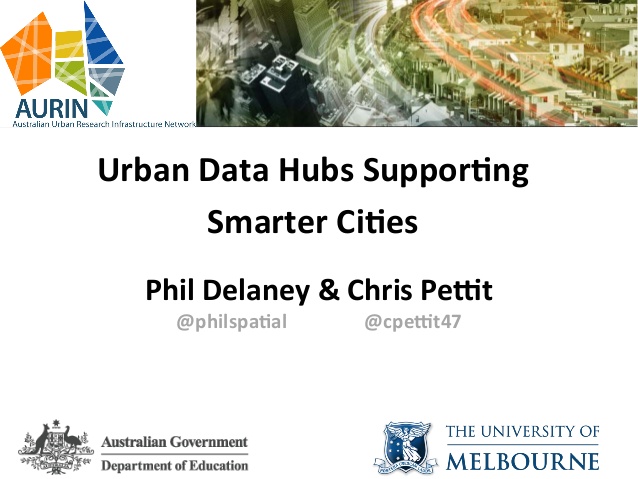A national urban intelligence drive introduced in Australia is giving researchers, planners and policymakers a quick access to data for smarter and sustainable planning decisions, according to Eco-Business.com.
The Australian Urban Research Infrastructure Network (AURIN) is providing access to datasets, from Australian Property Monitors through to the Australian Bureau of Statistics, Geoscience Australia and city councils.
Researchers can ask the big questions of big data with the help of this smart grid network access. Earlier, researchers had to spend plenty of time going through the process of acquiring data and cleaning it up to be analyzed.
AURIN provides an efficient, uniform way of providing data in one place enabling researchers spend more time on analysis.
In the context of a growing Australian population, evidence-based research and policy was crucial for achieving sustainable city development. The AURIN initiative is providing the data, integrated from multiple sources, and the analytical tools needed to make this happen, said, Robert Stimson, director, AURIN.
The benefit of AURIN is in it bringing together a diverse range of datasets, allowing for creative solutions to planning problems. Having a suite of datasets available creates a ‘data playground’ for researchers, according to Bill Randolph, director, City Futures Research Centre, Built Environment, University of New South Wales.
Exposure to these diverse datasets allows developing unexpected new insights and analyses, which may not have occurred without being exposed to the information. Putting the data from these areas together helps to play with these ideas, added Randolph.
The collaborative data partnerships would produce environmental, economic and social co-benefits as the works like bringing data and organizations together has made linkages across disciplines that are going to have a terrific legacy, explained, Kate Auty, former commissioner, Environmental Sustainability, vice-chancellor’s fellow, University of Melbourne, member, AURIN board.
As a result of this work, it is possible to plan, strategize and be tactical about the government expenditure decisions needed to achieve the desired outcomes, said, Auty.
AURIN offers walkability tool which allows researchers, planners and urban designers to measure, model and visualize urban walkability to inform policy.
AURIN has developed databases and tools in collaboration with colleagues at the University of Western Australia so that planners can check the walkability of proposed new suburbs or find opportunities to improve the walkability of existing suburbs, stated, Billie Giles-Corti, director, McCaughey VicHealth Centre for Promotion of Mental Health and Community Wellbeing, who was also the project leader for the walkability tool.
The availability of urban greenery maps, land use data and climate data through AURIN has opened up the scope of what could reasonably address within the investigation limitations of a PhD investigation. Now more time can be attributed to analysis, as no do data collection is needed, noted, Judy Bush, a PhD candidate, University of Melbourne, who is using AURIN in her research on the urban heat island effect.
Townsville City Council in partnership with AURIN is planning a big data project to guide future energy and water supply. Besides, the Townsville Data Hub will research energy and water consumption trends to help residents, business and the council plan.
Analysis of energy and water consumption data allows reading the vital signs of the city, showing the flow and use of these resources as they support the activities of homes and businesses. This knowledge is a model to make impact of proposed policies and make the choices needed to create a more sustainable future for the city and its citizens, said, Jenny Hill, mayor, Townsville.
The $24 million AURIN initiative is funded through the federal government’s National Collaborative Research Infrastructure Strategy.
Rajani Baburajan
editor@greentechlead.com

